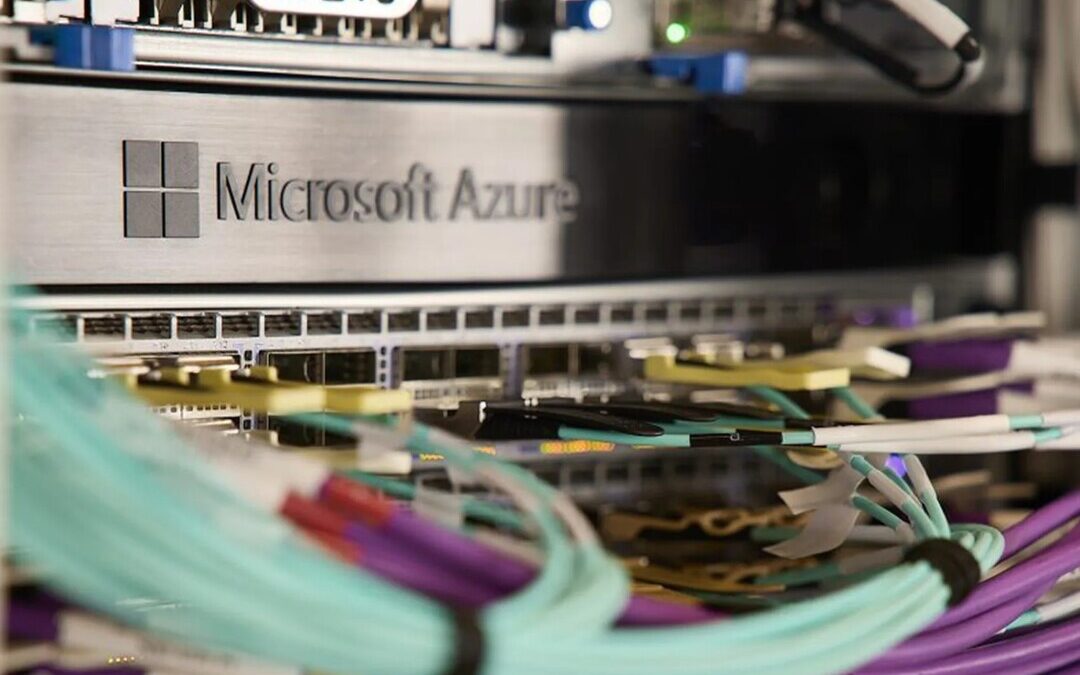Sweden’s Stegra Signs Deal to Supply Green Steel for Microsoft Data Centers
Microsoft partners with Stegra to drive demand for Green Steel and cut carbon in expanding data center construction.
Swedish steelmaker Stegra has signed two agreements with Microsoft, including a supply deal for near-zero-emission or green steel to be used in the company’s expanding data centers, the firms said on Monday.
The partnership also covers the purchase of environmental attribute certificates tied to output from Stegra’s plant under construction in Boden. The deal is the first of its kind in the steel sector and is designed to stimulate global demand for low-carbon steel.
Microsoft Expands Climate Push
Microsoft invested in Stegra in 2023 through its Climate Innovation Fund. The new agreements deepen that relationship by linking investment to procurement and sustainability commitments.
The company aims to become carbon negative by 2030. It sees low-carbon construction materials such as green steel as essential to meeting that goal.
Most of Microsoft’s emissions are scope 3, or indirect emissions, generated by suppliers and construction partners. Much of that impact comes from building more data centers and the embodied carbon in steel, concrete and hardware.
“Integrating near-zero emission steel into our datacenter construction is a critical advancement in reducing embodied carbon at scale,” said Jennifer Weitzel, Microsoft’s corporate vice president for engineering, construction and procurement.
Near-Zero Emission Steel
Stegra’s Boden facility will produce steel with up to 95 percent fewer emissions than conventional steelmaking. That steel will then be delivered to Microsoft’s equipment suppliers and integrated into components for use in data center construction.
“Sustainable change calls for unconventional partnerships,” said Stegra CEO Henrik Henriksson. “We are now teaming up with a market leader in Microsoft to accelerate change in the steel industry.”
Although Microsoft will not buy the steel directly, it will work with suppliers to process the coils and ensure their use in its infrastructure.
Environmental Attribute Certificates
In addition to the physical supply deal, the companies signed an agreement for environmental attribute certificates. Microsoft has applied this model in aviation fuels and cement but is now using it in steel for the first time.
The certificates let Microsoft claim the use of green steel even when physical delivery is not possible. Buyers of conventional steel cannot make sustainability claims, thereby preventing double-counting.
“The end game is to source physical materials with the lowest possible CO₂ footprint,” said Melanie Nakagawa, Microsoft’s chief sustainability officer. “But when delivery isn’t feasible, certificates show that credible market mechanisms can cut emissions.”
Driving Market Demand
By separating the green value from physical products, Stegra hopes to broaden demand beyond immediate supply. Microsoft’s scale could help accelerate adoption and attract financing for sustainable steel projects.
“Through the environmental attribute certificates, the green value can be sold to Microsoft, a player of unique size that can really help move the needle,” Henriksson said.
Analysts say the partnership demonstrates how corporate buyers can drive new markets for climate technologies and pressure heavy industries to decarbonize faster.
Also Read:
Microsoft to Buy 634M Tons of Clean Cement to Cut Construction Emissions
Nirmal Menon
Related posts

Subscribe
Error: Contact form not found.


